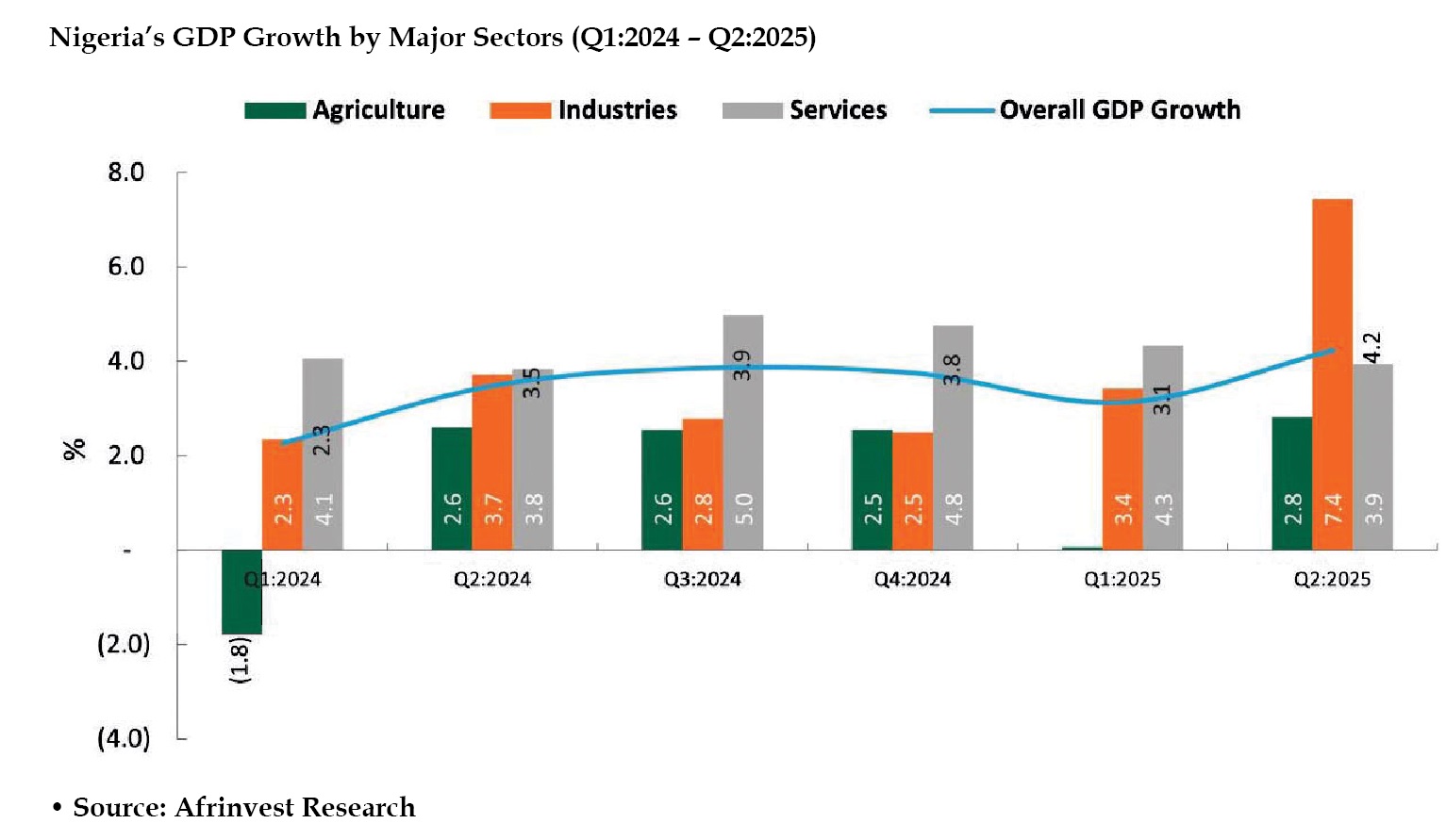By Chikodi Okereocha,The Nation
Copyright thenationonlineng

Shoprite battles low demand
Neighbourhood stores expand
Changing consumer behaviours, costs, convenience and variety are redefining the retail consumer sales business with fast-expanding neighbourhood stores and large superstores devising new methods to attract price-resisting customers.
While supermarket chain Shoprite is facing major operational challenges that have left a large part of its shelves in key cities across Nigeria empty, neighbourhood stores like Justrite, Jendol, Bokku and The Prince among others are sprouting up in close proximity.
A survey of Shoprite’s outlets in Lagos, Ibadan, Abuja, Owerri and Ota among others showed that the supermarket chain that once changed the face of modern retail shopping in Nigeria has been struggling to stay afloat.
For instance, a visit to the Sangotedo Shoprite Store in Ibeju-Lekki, Lagos, showed that a large part of the shelves which used to be filled with household provisions and food stuffs are virtually empty.
Aside the confectionary and food section, which remain active, other sections of the store were virtually empty.
Also in Lagos, the usually buzzing Ikeja City Mall outlet now looks like a shadow of itself, with fewer customers, hollow aisles, and near-empty racks where groceries and frozen foods used to sit.
Shoprite outlets in Ilorin and Ibadan, both in Kwara and Oyo State respectively have also been shut down.
In Abuja, the Jabi Lake Mall branch told the same story. Shelves that once overflowed with goods now look bare, with members of staff saying they haven’t received supplies in two months.
Similarly, Shoprite store at Owerri Mall was said to only operate skeletally. A source said that the store closes for business by 6pm daily, which is the peak sales period in most modern markets.
Basic groceries, according to the source, were completely out of stock for months. The new owners allegedly owe billions of naira to their suppliers and goods supplied on credit aren’t paid for after selling them, forcing suppliers to halt further supplies.
Read Also: Federal Govt intervenes in Dangote, PENGASSAN row
Retail Supermarkets Nigeria, owners of Shoprite Nigeria, was recently acquired by Persianas Investment Limited and other key institutional investors, making it a fully Nigerian-owned business that contributes to the country’s economy and provides employment opportunities for its citizens.
Retail Supermarkets Nigeria had four years ago bought the franchise from Shoprite Holdings, the parent company of the Shoprite brand, a South African company with headquarters in Brackenfell, Cape Town, South Africa.
After transitioning from ownership to franchise business model, Shoprite’s Nigerian owners are now struggling, with several of its outlets across the country currently shut down, while several others are running on empty shelves.
While internal challenges contributed to the slowdown at Shoprite, changing consumer behaviours are also redirecting the competition in the consumer retails market.
For instance, The Prince Supermarket, which prides itself as a one-stop shopping destination in Isheri-Magodo area of Lagos, is planning to open more outlets around Lagos after the success of the flagship store.
Many customers said they opted for The Prince Supermarket because of the extensive products and services as well as the “ease of strolling down” to the nearby store. The Prince Supermarket offers a rich variety of goods from groceries to clothing to electronics, skin care products, kitchen utensils, Gym equipment and fresh food items- all under one roof.
As sales continue to grow, the management of the supermarket stated that it plans to introduce more products and expand to other areas of Lagos State in line with the increasing customer demand.
Residents said they preferred to shop closer to home, especially where they can easily find quality products at competitive price.
They said a store like The Prince Supermarket provides a stress free shopping experience without the long queues or overwhelming crowds often found in big malls. Customers also detested the idea of “pay-parking” in many malls.
Also, Bokku Mart is fast emerging as one of the leading players in the sector. Known for its hard discount model and standardised pricing strategy, the grocery chain has been steadily expanding its footprint across key neighborhoods in the state.
A visit to the Isheri branch, established in 2024, revealed a wide range of products including groceries, staple foods, beverages, toiletries, personal care items, and household essentials. Prices vary across different product categories, with some items sold at noticeably lower rates than those in competing supermarkets, while others remain on par with market prices.
A staff member who simply identified herself as Rose at the Isheri outlet of Bokku Mart said the group has been enjoying higher customer patronage because of its commitment to customer satisfaction.
She said: “Our customer service is top-notch, and we make sure to meet the needs of everyone who shops with us.
Bokku aims to stand out by being both reliable and affordable”.
One customer, who preferred to remain anonymous, shared her experience after over six months of patronage. According to her, Bokku’s prices are significantly lower compared to some competitors.
She said: “I come to Bokku for groceries and essentials because they are cheaper than places like The Prince Supermarket. I only go to The Prince for gadgets and household appliances since Bokku doesn’t sell those yet”.
In response to enquiries from The Nation, Interim Chief Executive Officer, Retail Supermarkets Nigeria Limited, Dr. Folakemi Fadahunsi, acknowledged the challenges but assured that the group is reworking its strategies.
She said: “The biggest challenge is the rising cost of doing business in Nigeria—driven by energy costs, inflation, and shifts in consumer behaviour. Rather than see this as a setback, we view it as a catalyst for change. We are resetting our business model to be leaner, more efficient, and more customer-focused.
“This transformation is being supported by strong investors, dedicated suppliers, and loyal customers who believe in our journey. With this ecosystem of support, we are confident that Shoprite Nigeria will emerge stronger, delivering richer value for all stakeholders and reaffirming our position as the country’s retailer of choice.
“It’s no secret that our stores have faced inventory challenges in recent months. Like many businesses in Nigeria, we’ve had to navigate rising costs and cash flow pressures which affected how quickly we could restock. What matters now is that with fresh investor backing, those pressures are being addressed.
“We are clearing supplier obligations, strengthening partnerships, and unlocking liquidity to ensure shelves are consistently stocked. Over 80 per cent of our assortment is now sourced locally, which not only reduces cost pressures but also improves supply reliability. Customers will begin to see the difference as our turnaround gathers pace”.
She said the company’s long-term vision is to be Nigeria’s most trusted and accessible retailer—where every household can find quality, affordability, and convenience under one roof.
“To achieve this, we are transforming our existing 24 stores into more efficient, modern formats while strengthening partnerships with local farmers and suppliers to ensure over 80 per cent of our products are proudly Nigerian. We are also investing in digital retail solutions and customer loyalty programmes that make shopping easier, more affordable, and more rewarding. In doing so, we remain committed to sustainability—socially, environmentally, and ethically—so that our growth also delivers lasting value to the communities we serve.
“We have sustained operations by localising and modernising our supply chain. More than 80 per cent of our fresh produce—fruits, vegetables, meat, and grains—comes directly from Nigerian farmers and suppliers, supported by our 4,732 sqm Distribution Centre in Lagos. This reduces forex exposure, ensures fresher products, and lowers logistics costs.
“We are also pioneering renewable energy through solar installations to cut power costs, and we’ve introduced reusable packaging that saves money while aligning with global sustainability standards. These steps have enabled us to remain resilient, manage costs, and continue providing value to our customers even in a tough operating environment,” Fadahunsi said.



